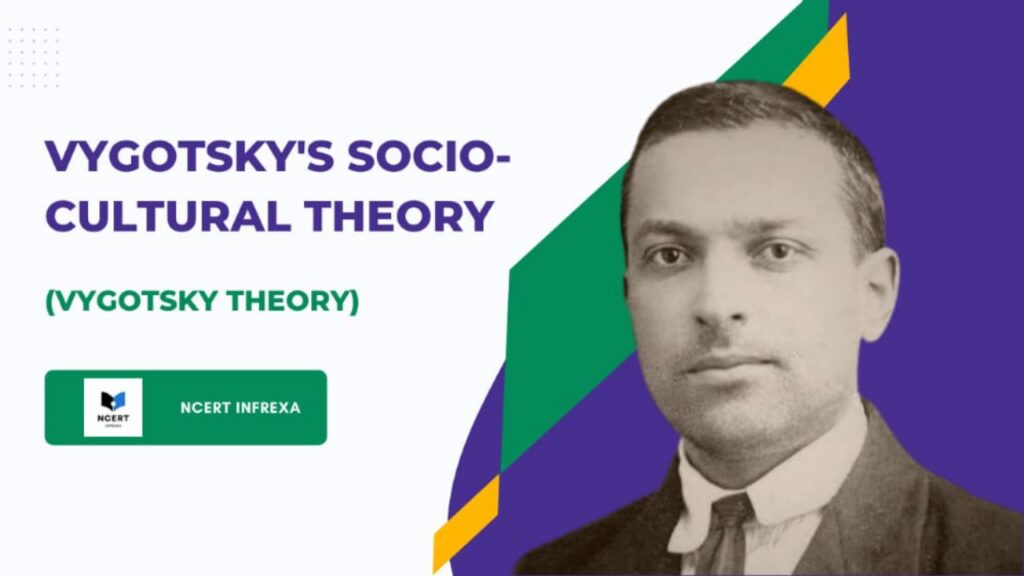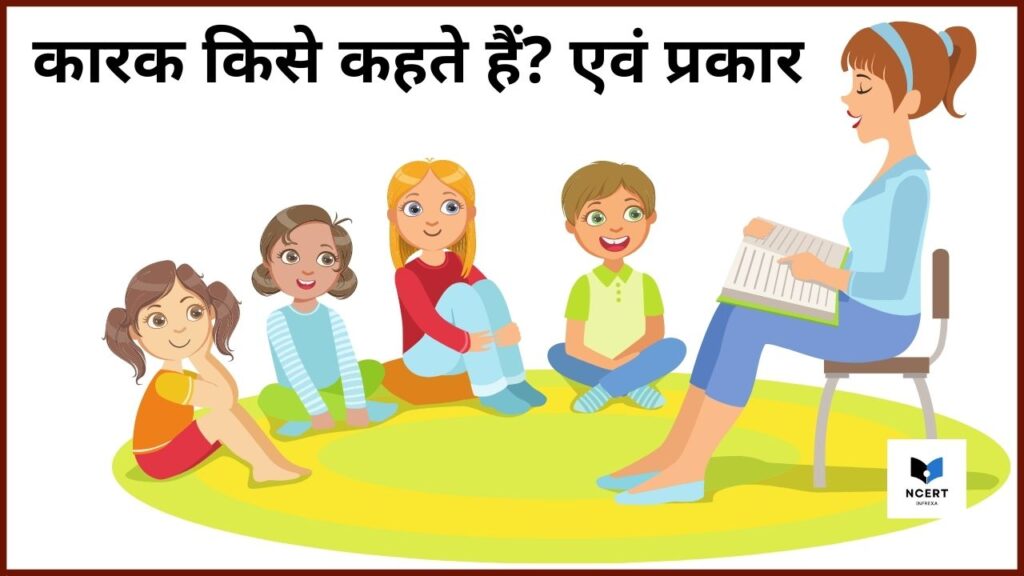Vygotsky’s theory, developed by Russian psychologist Lev Vygotsky (1896–1934), is known as the sociocultural theory or the Zone of Proximal Development (ZPD). This theory emphasizes the importance of social and cultural influences on a child’s cognitive development.
According to Vygotsky, learning occurs when students receive proper guidance and direction from their society and culture. This theory highlights the crucial role of social interaction, language, and cultural norms in the development of a child’s cognitive abilities.
Key Concepts in Vygotsky’s Theory
- Social Interaction: Vygotsky believed that children develop cognitive skills through interaction with society. They learn by imitating the behaviors and actions they observe around them.
- Language: Language serves as a tool for cognitive development. Vygotsky emphasized that without language, cognitive development is hindered, as it enables communication and interaction within society.
- Culture: Culture instills moral values and social norms, which children absorb and replicate. It plays a pivotal role in shaping their cognitive development.
Elements of Vygotsky’s Socio-Cultural Theory
- Zone of Proximal Development (ZPD): This concept refers to the difference between what a learner can do without help and what they can achieve with guidance. It underscores the importance of assistance from more knowledgeable others in the learning process.
- More Knowledgeable Other (MKO): An MKO is someone with greater knowledge or skill who helps the learner progress. This could be a teacher, peer, or any individual with more expertise.
- Scaffolding: Scaffolding is the support provided by an MKO to help the learner achieve a higher level of understanding. As the learner becomes more competent, this support is gradually removed.
Role in Education
Vygotsky’s theory has significant implications in education. It supports the idea that teachers play a crucial role in guiding students’ cognitive development. By utilizing social interactions, language, and cultural references, educators can create an environment that enhances learning.
This theory also aids in simplifying complex topics and making the teaching process more effective. It connects the child with society and culture, which are essential in developing moral values.
Conclusion
Vygotsky’s socio-cultural theory is a cornerstone in understanding the role of society and culture in cognitive development. It emphasizes the importance of guidance from knowledgeable others and how social and cultural contexts shape a child’s learning experience. This theory is essential for understanding how social interaction, language, and culture contribute to the cognitive development of students. When considered alongside other foundational theories such as Piaget’s Theory of Cognitive Development, Chomsky’s Theory of Language Development, and Kohlberg’s Theory of Moral Development, it provides a comprehensive view of the factors that contribute to learning and development.




